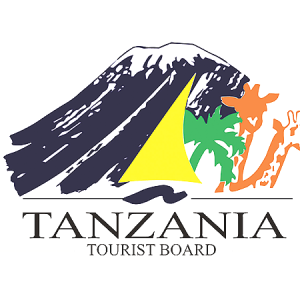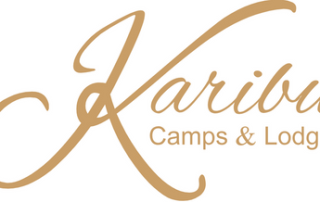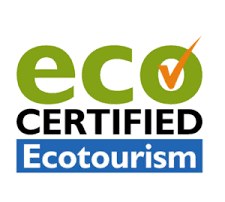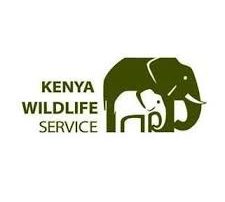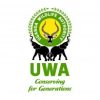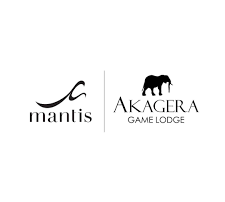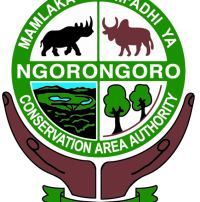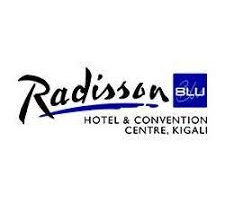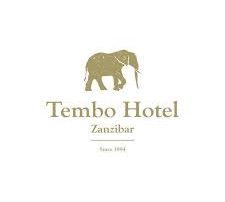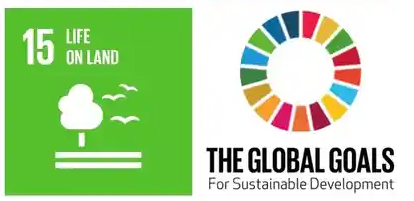How to visit Bagamoyo
Bagamoyo is located 75 km North of Dar-es-salaam, 1-1.5 hours drive. One can catch daily buses commuting between Dar-es-Salaam Mwenge local bus station and Bagamoyo Town.
Bagamoyo Town is one of UNESCO’s world heritage sites and home to world-class Historical sites with rich cultural heritage.
Bagamoyo town was once a most important trading port along the East African Coast and a German East Africa Capital. Bagamoyo is home to many ethnic groups, including the Wazaramo, Wazigua, and Wakwere. Different cultures including people of Arab descent coexist in Bagamoyo making the town a peaceful and friendly place for visitors from all over the world.
The town of Bagamoyo was one of the most important trading ports on the East African coast and the penultimate stop of slave and ivory caravans traveling on foot from Lake Tanganyika on their way to Zanzibar. Missionaries active in abolishing the slave trade made Bagamoyo, whose name means ‘bury my heart’ in Kiswahili, a center for their activities.
Bagamoyo is a quiet village with a few German colonial buildings still standing. In the past, the town of Bagamoyo was one of the most important trading ports on the entire East African coast. Its port was the penultimate stop of slave and ivory caravans that traveled on foot all the way from Lake Tanganyika.
Once the caravans reached Bagamoyo, the slaves and ivory were shipped by dhow to Zanzibar, where they were then dispatched all over the world. These days, Bagamoyo is a center of dhow building in the region and along the Tanzanian Coast.
Things to do in Bagamoyo
- Expect to do Biking tours in Bagamoyo
- Enjoy the Kaole ruins tour
- Visit Bagamoyo Stone Town tour
- Visits to Caravanserai Museum
- Enjoy Crocodiles farm tour
- Visit Mangrove forest tour
- Visits to Catholic Old church & Museum
- Practise Fishing with local fishermen
- Visit Ngome kongwe
- Enjoy Marine tours
- Take a tour of the Old port
- Enjoy the white sand beach
- Explore the Coral reef
- Visit Slave prison
- Visit Art market
- Experience Swahili traditional weddings
- Experience Swahili music performances and Traditional dances
Half-Day Tours in Bagamoyo
Bagamoyo stone town tour (2-3 hours)
Bagamoyo is surrounded by old buildings of the previous generation, beautiful Arab architecture with thick walls of Earth fitted with well-carved doors made of thick African hardwood.
On your walk through narrow streets between Old buildings of Bagamoyo stone town, you will visit the German Colonial Administrative block, Art market, Old post office, 1st Tanzania Primary School, Old Mosques, Hanging tower, Caravan Serai Museum, and the fish market. On your walk along the Indian, Ocean beach visit a center for dhow sailboat building and get to know how local people build boats.
Kaole ruins tour (1-3 hours)
Kaole village formerly known as ‘Pumbuji’ is one of the oldest villages that immigrants from Arabic countries choose as they landed on East Africa’s coast. The village has ruins dating back to the 13th Century. It is in this village where the Sultan of Oman preferred to settle and construct administrative and military headquarters.
Today the ruins are made up of earth and corals and the Kaole Museum tells volumes of stories about the Ivory trade, the movement of traders, cruel slavery, and the living culture of today’s Kaole people majority originating from Asia. Beyond the ruins, there is an old port surrounded by a Mangrove forest where one can go closer to nature and enjoy the fresh air.
Bagamoyo Catholic Church & Museum tour
You will visit the Old tower of the first Catholic Church in East Africa, one of the Oldest Baobab trees, Cemeteries (Catholic, German and Indian), Dr. Livingstone tower, Old Fathers’ house, and the Cross at the beach. Explore the museum with information about the slave trade, missionaries, the life of the people, and some collections of artifacts of the indigenous tribes.
Mwambakuni coral reef tour (1-3 hours)
On your marine experience explore Mwambakuni coral reef and listen to stories about local people’s beliefs on coral reefs and their uses
Crocodile Farm Tour (2-5 hours)
Visit a crocodile farm and learn how these wild predators are kept. Get to know their social behaviors, growth, live capture techniques, feeding/hunting techniques, and local uses of various products.
Mapopo Island Tour (2-5 hours)
Take an evening or Morning boat tour to Mapopo Island where thousands of bats have inhabited the island. Get to know the bat’s life and the ecological importance of these flying mammals.
Ruvu River cruising (2-3 hours)
Take a boat ride to explore crocodiles, hippos, and various birds along the Ruvu River that flows from the Uluguru Mountains and some parts of the Southern Highlands of Tanzania. Get to know how locals fish in the rivers and the various uses of river water.
Fishing with local fishermen Experience (1-4 hours)
Come and join a team of experienced village fishermen for a fishing experience. Do your best to fish what will be prepared for you during your lunch or dinner.
Learn how to prepare Swahili Traditional food
Participate in cooking Swahili dishes with local Swahili Mamas of Kaole village.
Visit Bagamoyo College of Arts (1-2 hours)
The Bagamoyo College of Arts (“Chuo cha Sanaa”) is an internationally famous arts college in Tanzania, that teaches traditional Tanzanian painting, sculpture, drama, dancing, and drumming. The college organizes monthly cultural events that people are freely invited to participate in.
Local Home visits (1-2 hours)
Visit a local home where you will learn how coastal communities live. Listen to stories and share your time with local people by engaging in various home chores/daily activities.
Full-day & multiple-day tours
Various tours can be combined to explore Bagamoyo fully. Tour programs can be tailored according to your time and budget. Extended tours to neighboring villages like Saadani and Mlingotini together with game drives in Saadani National Park can be organized upon request. Saadani National Park is closer to Bagamoyo than any other town in the coastal region.
Get an opportunity to visit the art market, and artists at work and learn how to do sculpture, fine art, and Makonde Carving
